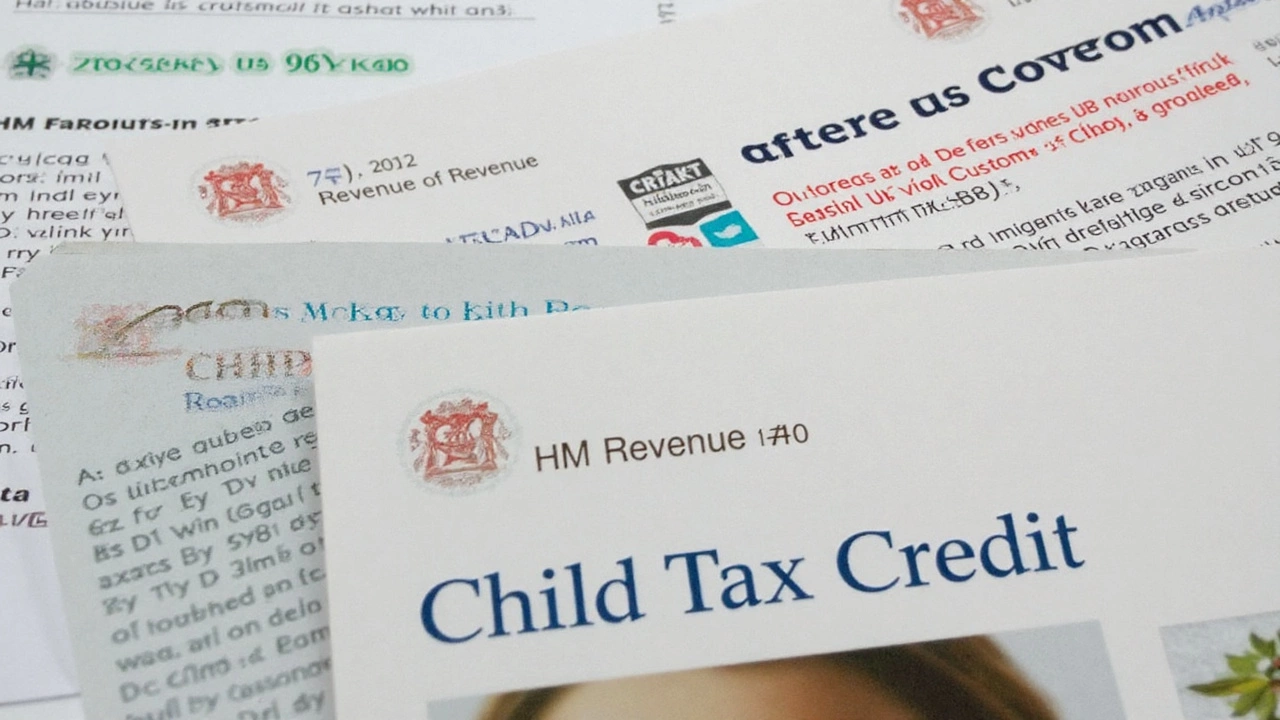The Scale of the Problem
Recent figures from the Institute for Public Policy Research (IPPR) paint a bleak picture: 46% of children who have at least one parent born outside the United Kingdom are living in poverty. That translates to roughly 1.5 million youngsters, or more than a third of all children in poverty, who are part of migrant households. These kids are not just marginally worse off – they are more than twice as likely to fall into “very deep poverty,” where family income drops below 40% of the national median.
What fuels these numbers? At the heart of the issue lies the controversial "No Recourse to Public Funds" (NRPF) rule. Under NRPF, anyone with the designation is barred from claiming core welfare benefits such as Universal Credit, Child Benefit, and Housing Benefit. The Home Office estimates that the rule affects almost 4 million people, including at least half a million children. The consequence is a massive safety‑net gap that leaves many migrant families scrambling for basic necessities.

Policy Mechanisms Driving Families into Hardship
While the statistics are alarming, the lived experience behind them is even more stark. Asylum seekers, for example, often endure months or years of waiting for a decision while being prohibited from working. During that time, the Home Office provides a meagre allowance – under £50 per week for those in self‑catered accommodation and less than £10 for families placed in hotels. Such sums are insufficient to cover food, utilities, or schooling costs, forcing many into homelessness or sub‑standard housing.
For families on the ten‑year settlement route, the financial burden is compounded by steep immigration and nationality fees. The cost of securing a visa, renewing it, and paying for biometric services can run into thousands of pounds, a price tag many low‑income households cannot afford. The result is a precarious existence where families must choose between paying for legal status or keeping a roof over their heads.
Children in these households pay the highest price. Those on temporary visas are denied key entitlements such as free childcare, statutory sick pay, and, most critically, Child Benefit. Even when a child is born in the UK and holds British citizenship, the NRPF restriction attached to a parent’s immigration status can block the family from accessing any welfare support. This creates a paradox where a British‑born child is left without the safety net that other citizens automatically receive.
Beyond the financial strain, the impact reverberates through health, education, and mental well‑being. Interviews conducted by the Greater Manchester Immigration Aid Unit reveal parents reporting deteriorating health, chronic stress, and a sense of hopelessness. One mother described living in homelessness for two years, struggling to work while her children missed school and fell behind academically. Another highlighted the crushing pressure of constantly saving for the next immigration application, leaving no room for extras such as nutritious meals or extracurricular activities.
The Joint Inquiry by the All‑Party Parliamentary Group on Migration and the APPG on Poverty and Inequality echoed these findings, labeling NRPF as a major driver of child poverty, isolation, and vulnerability. The inquiry noted that families with low incomes, broken‑down relationships, disabilities, or long‑term health conditions are disproportionately affected, especially women who often bear the brunt of care responsibilities.
Advocacy groups are now urging the government to align its rhetoric with action. As the new cross‑government child poverty strategy is drafted, NGOs argue that any serious attempt to eradicate child poverty must involve scrapping NRPF and other hostile immigration rules. They point out that the current approach directly contradicts the government’s stated commitment to reducing child poverty, as it systematically excludes a significant and growing segment of the child population.
In the meantime, frontline charities continue to fill the gaps, providing emergency food parcels, legal advice, and temporary accommodation. Yet without fundamental policy change, these stop‑gap measures will remain insufficient. The growing body of evidence suggests that a comprehensive overhaul—removing NRPF, reducing immigration fees, and guaranteeing access to essential public services for all children regardless of parental status—could dramatically lower poverty rates among migrant families.
For policymakers, the data presents a clear choice: maintain a restrictive framework that pushes vulnerable families further away from stability, or adopt a more inclusive model that acknowledges the economic and social contributions of migrant households. The stakes are high, with a whole generation of children hanging in the balance.
